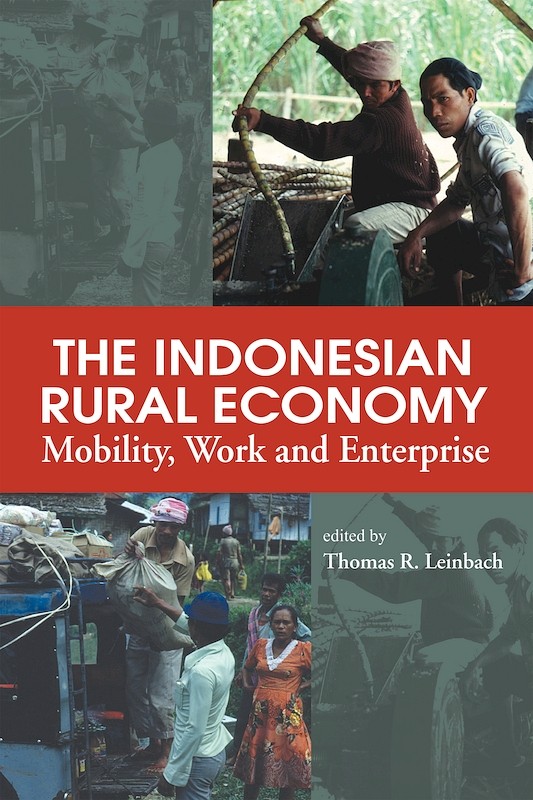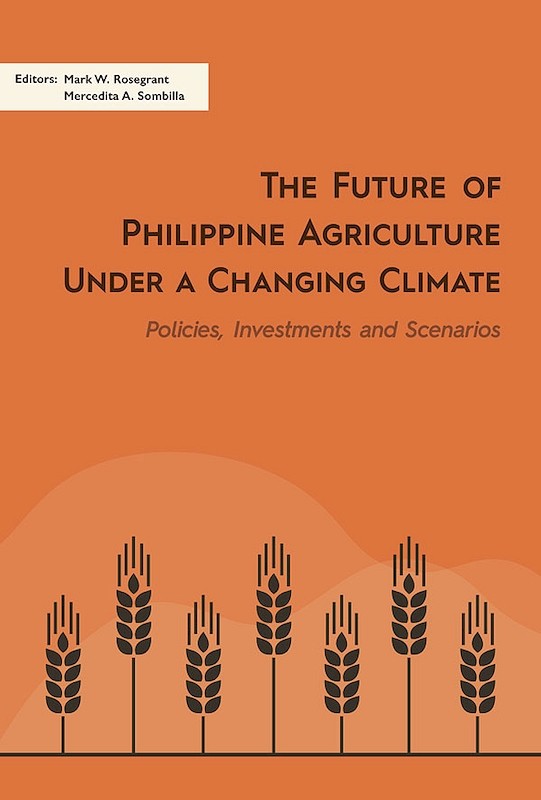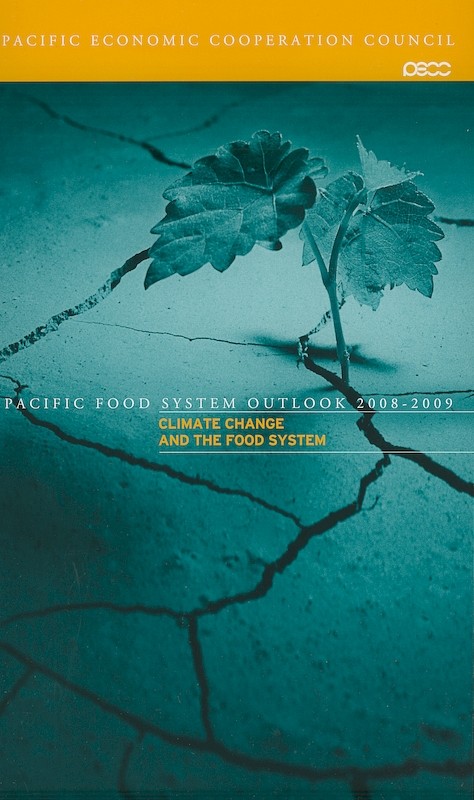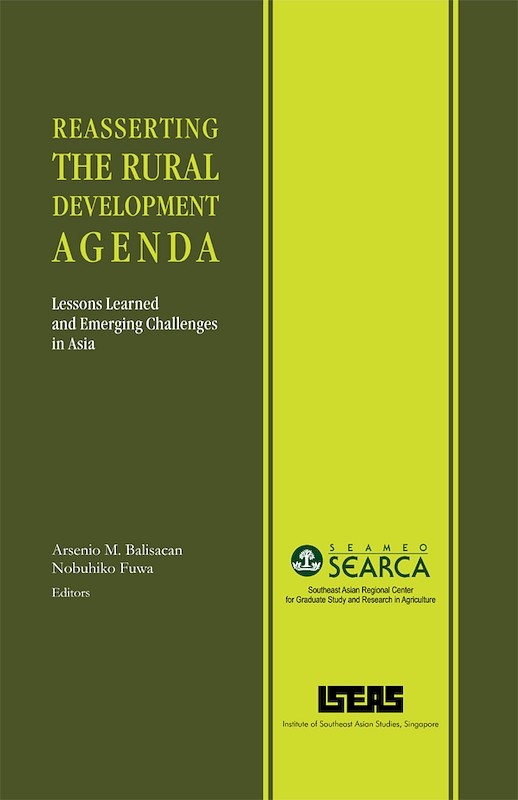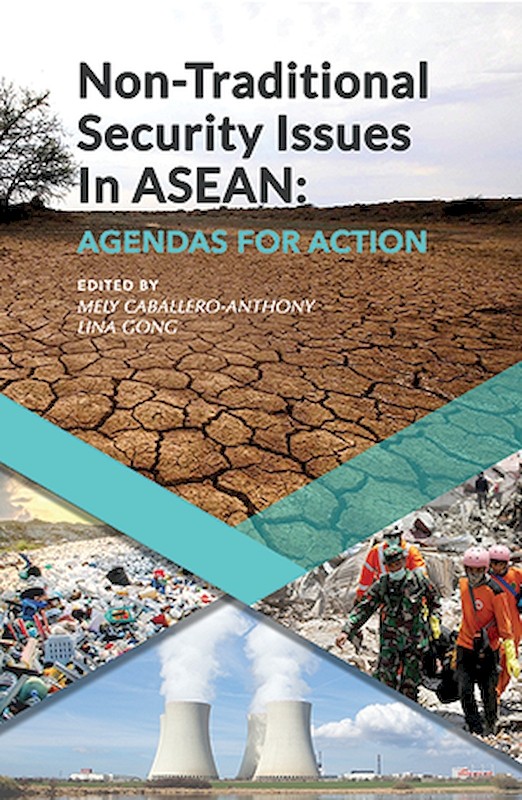Rural Investment Climate in Indonesia
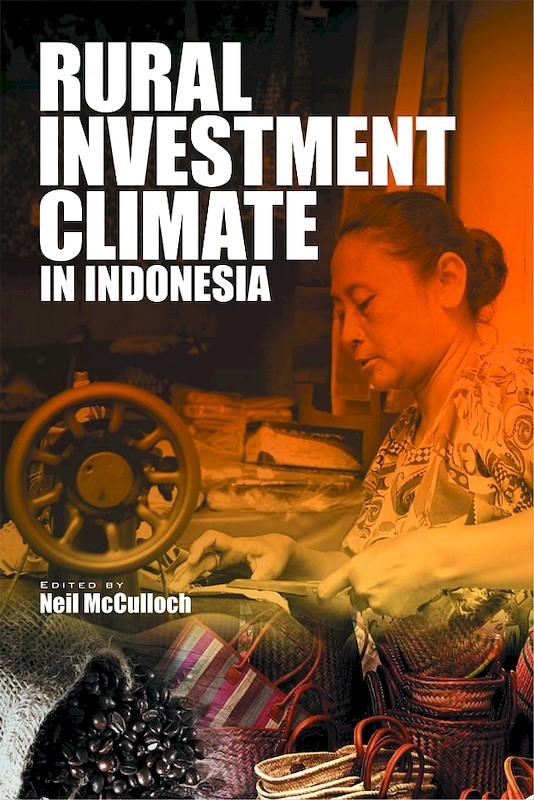
Neil McCulloch, editor
Date of publication:
2009
Publisher:
Institute of Southeast Asian Studies
Number of pages:
337
Code:
BM354
Reviews
"Surprisingly, the literature on rural development in Indonesia is relatively thin. There are also few studies that focus on the rural investment climate, particularly with reference to developing countries. This book therefore fills a significant gap in the rural economy literature. It concentrates particularly on the potentially significant role of rural non-farm enterprises (RNFEs) in inducing growth in other sectors and in the rural economy as a whole. The studies in the book use data sources that are rich in relevant information on many aspects of RNFEs and the determinants of their success. This book is highly recommended for researchers in the area. Even its less technical content offers readers the chance to gain a better understanding of the importance of RNFEs and a comprehensive knowledge of the main obstacles to their advancement. It is an important reference for anyone whose interest lies in issues related to RNFEs and the rural economy in general" (Bulletin of Indonesian Economic Studies).
About the publication
This book provides a comprehensive analysis of the constraints facing the development of rural non-farm enterprises in Indonesia. Recent years have seen a substantial effort by the Indonesian government to improve the investment climate. To date, much of this effort has focused on the constraints faced by businesses at the national level. However, if Indonesia is to be successful in creating jobs and reducing poverty across the archipelago, this will require improving the investment climate for the 15.7 million micro and small enterprises that employ more than half of all the non-farm workers in the country.
This book brings together leading Indonesian and international academics to consider seven key constraints that RNFEs face: labour regulations and practices; infrastructure; competition and marketing; knowledge transfer and technology; access to credit and financial services; local taxation and user charges; and insecurity. In each case the authors draw on the Indonesian Rural Investment Climate Survey, a unique dataset of more than 2,500 RNFEs, to identify the size and nature of the constraints, the way in which they impact upon enterprise growth and the implications for policy. In addition, a key chapter estimates the strength of the linkage between agriculture and non-agricultural activities in rural areas, showing that agricultural revitalization is an essential complement to the development of the non-farm economy.
"Understanding the rural investment climate in both slow- and fast-growing economies has taken on new urgency in the wake of the world food crisis. The rural non-farm economy often provides half or more of the income of farm families and is especially important for food-deficit rural households hard-hit by rising food prices. The Indonesian Rural Investment Climate Assessment is the "gold standard" for how to achieve this understanding. It is a delight to see it published and available to a wide audience." - C. Peter Timmer, Visiting Professor, Program on Food Security and Environment, Stanford University; Non-Resident Fellow, Center for Global Development
This book brings together leading Indonesian and international academics to consider seven key constraints that RNFEs face: labour regulations and practices; infrastructure; competition and marketing; knowledge transfer and technology; access to credit and financial services; local taxation and user charges; and insecurity. In each case the authors draw on the Indonesian Rural Investment Climate Survey, a unique dataset of more than 2,500 RNFEs, to identify the size and nature of the constraints, the way in which they impact upon enterprise growth and the implications for policy. In addition, a key chapter estimates the strength of the linkage between agriculture and non-agricultural activities in rural areas, showing that agricultural revitalization is an essential complement to the development of the non-farm economy.
"Understanding the rural investment climate in both slow- and fast-growing economies has taken on new urgency in the wake of the world food crisis. The rural non-farm economy often provides half or more of the income of farm families and is especially important for food-deficit rural households hard-hit by rising food prices. The Indonesian Rural Investment Climate Assessment is the "gold standard" for how to achieve this understanding. It is a delight to see it published and available to a wide audience." - C. Peter Timmer, Visiting Professor, Program on Food Security and Environment, Stanford University; Non-Resident Fellow, Center for Global Development
Contents
-
Rural Investment Climate in Indonesia
[Whole Publication, ISBN: 9789812308542] -
Preliminary pages
-
1. Introduction, by Neil McCulloch, author
-
2. Agricultural Demand Linkages and Growth Multipliers in Rural Indonesia, by Asep Suryahadi, Daniel Suryadarma, Sudarno Sumarto, Jack Molyneaux, authors
-
3. Trends and Constraints Associated with Labour Faced by Non-Farm Enterprises, by Armida Salsiah Alisjahbana, Chris Manning, authors
-
4. The Constraints in Accessing Credit Faced by Rural Non-Farm Enterprises, by Andi Ikhwan, Don Edwin Johnston, authors
-
5. The Constraints Associated with Infrastructure Faced by Non-Farm Enterprises at the Kabupaten Level, by John Gibson, author
-
6. Technology/Knowledge Transfer and Diffusion in Indonesian Non-Farm Enterprises, by Tulus Tambunan, Thee Kian Wie, authors
-
7. Marketing and Competition in the New Indonesia, by Hal Hill, Pantjar Simatupang, authors
-
8. Local Tax Effects on the Business Climate, by Blane D. Lewis, Bambang Suharnoko Sjahrir, authors
-
9. Leadership and Voice in Local Governance, by Christian von Luebke, author
-
10. Insecurity and Business Development in Rural Indonesia, by Jonathan Haughton, John MacDougall, authors
-
Index

